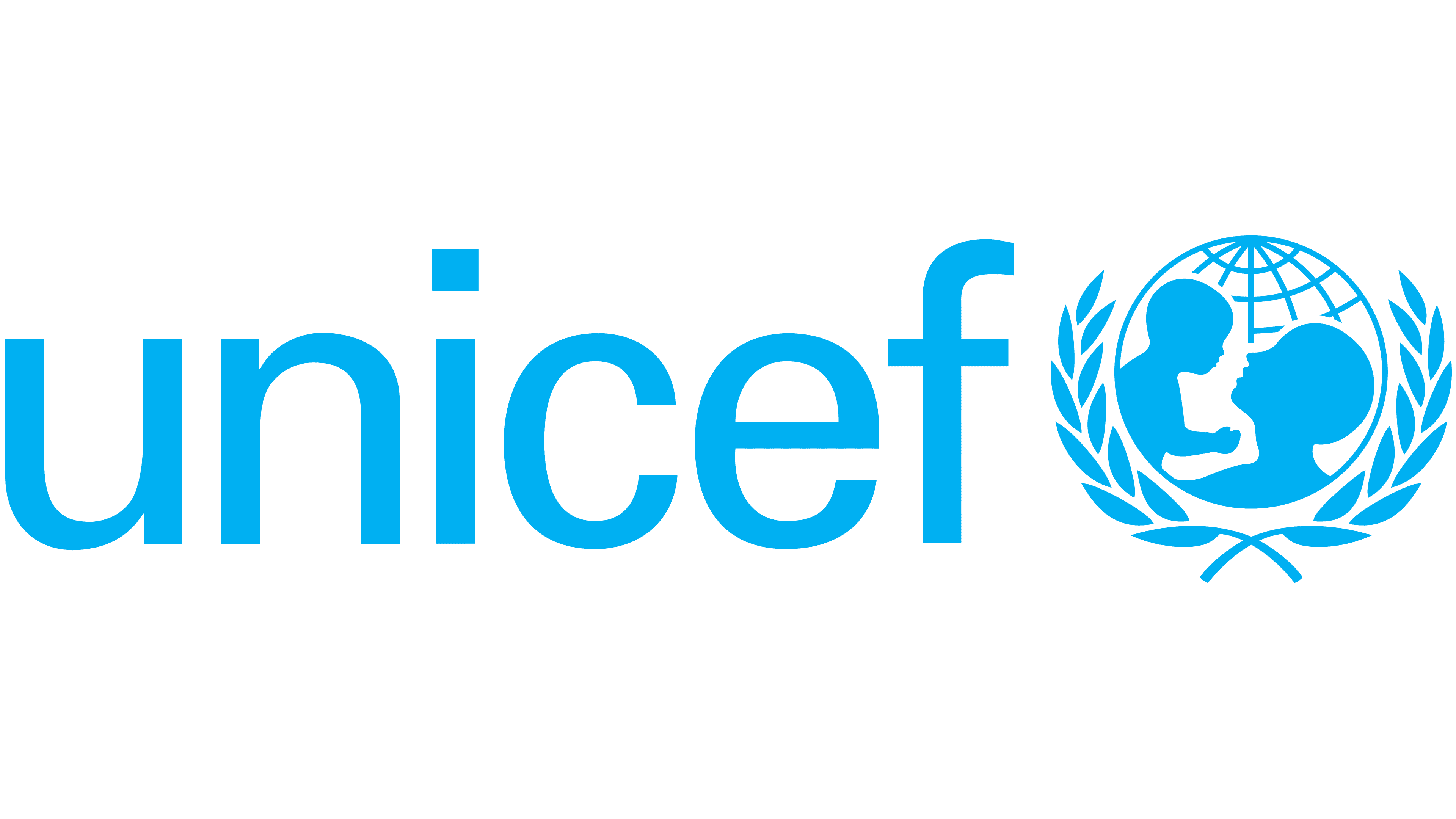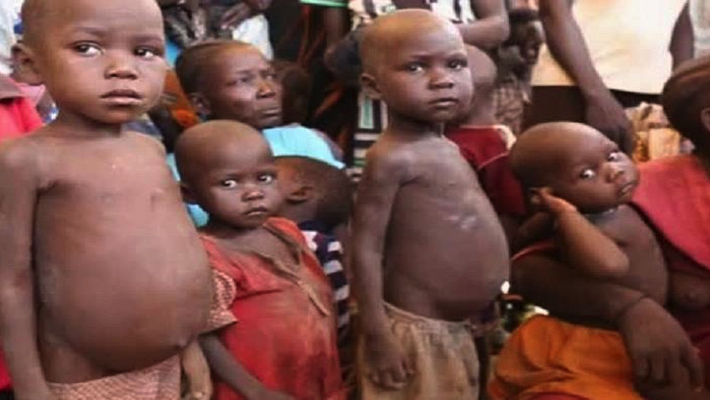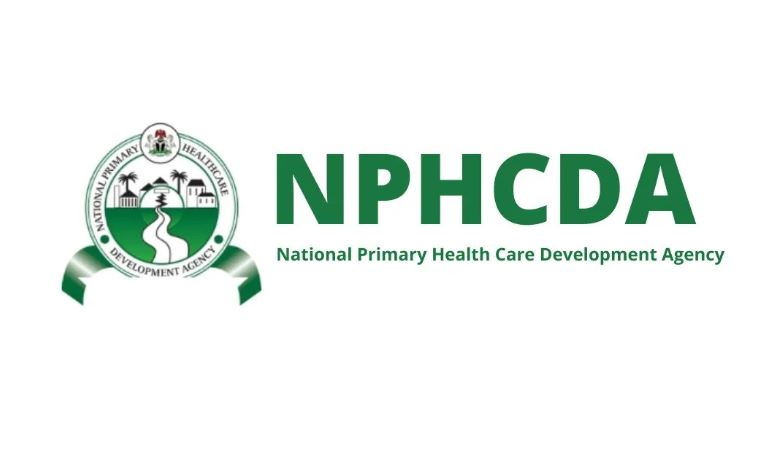Health
FG targets 50% increase in exclusive breastfeeding rate before 2025
The Minister of Health, Dr Osagie Ehanire, says the Federal Government is targeting an increase of 50 per cent in the rate of exclusive breastfeeding before the 2025 World Health Assembly.
He disclosed this during the Ministerial launch of the 2022 World Breastfeeding Week (WBW) in Abuja on Monday.
He was represented by the Minister of State for Health, Mr Joseph Ekumankama, where he reiterated the Ministry’s commitment toward cost-effective means to eradicate malnutrition.
He said “Our aim is to achieve the 2025 World Health Assembly target of raising the rate of exclusive breastfeeding to at least 50 per cent.
“We recommend early initiation of breastfeeding within one hour of birth, exclusive breastfeeding for the first six months of life, continued breastfeeding up to two years of age or beyond, introduction of nutritionally-adequate and safe complementary foods from six months.”
The Minister, therefore, reiterated government’s commitment to training of health professionals with information to cascade to mothers on the benefits of breastfeeding.
He added that “Health professionals play critical roles in supporting women to breastfeed, and to do this effectively, they need appropriate knowledge , such as knowledge of the health outcomes associated with different methods of infant feeding.
“They also need knowledge on the physiological process of lactation, as well as positive, non-judgmental attitude and effective communication and practical support skills.”
Sen. Ibrahim Oloreigbe, the Chairman, Senate Committee on Health, said there was need to provide an enabling environment in work places both in formal and informal sectors to promote breastfeeding.
Oloriegbe, while advocating for the passage of law and implementation of six months maternity leave for mothers, said “We need to double our work, I wouldn’t know why it is delayed, we need to see it done.
“It is one thing to have a law and it is another thing to implement it.
“And unless we have enforcement and supportive system mechanism, we will not be able to have exclusive breastfeeding at the level we want it.’’
The Minister of Women Affairs, Mrs Pauline Tallen, said the 2022 theme of the WBW ‘Step Up for Breastfeeding: Educate and Support’ is aimed at educating the public on necessary knowledge, attitude and skills to support breastfeeding women.
Tallen, who was represented by Mrs Christine Oliko, Deputy Director, Women Development, called for the need to strengthen, protect, promote and support breastfeeding for the survival, health, growth and development of the child.
Similarly, the Programme Director, Nigeria Alive & Thrive, an NGO, Dr Victor Ogbodo, said the group would incorporate the recommendations into its capacity development initiatives to improve maternal, adolescent, infant and young children nutrition in some states.
He said “The rate of exclusive breastfeeding in Nigeria was 17 per cent in 2018, increased to 29 per cent by 2021, according to national surveys.
“But that is still far short of the 50 per cent target by 2025 set by the World Health Assembly.
“We have made significant progress in recent years but we can and must do more.’’
Health
UNICEF emphasises importance of polio vaccination to caregivers

The United Nations Children’s Fund (UNICEF) has encouraged caregivers in Katsina, Kano and Jigawa States to present their eligible children for the next round of polio vaccination exercise.
Mr Michael Banda, the Officer-in-charge of UNICEF Kano Field Office, made the call in Kano at a media dialogue on the polio campaign on Friday.
The media dialogue was organised by UNICEF in collaboration with the Kano State Primary Healthcare Development Agency, with participants from the above-mentioned states.
The News Agency of Nigeria (NAN) reports that the four-day polio vaccination exercise is scheduled to commence on April 20, across the three states.
According to the UNICEF Officer-in-charge of the Kano field office, the importance of the exercise cannot be overemphasised.
“As the data show, in Kano, Jigawa and Katsina, we have over 556,750 children who have not received one single dose of vaccination they should have received.
“These are referred to as zero-dose children. Such children inexorably are vulnerable to vaccine-preventable diseases, including poliomyelitis.
“This is unacceptable and must be tackled frontally. Not only is polio vaccination crucial, but all routine vaccinations are also critical to children’s survival.
“We must all work together to strengthen routine immunisation services and ensure that all children under five receive all vaccines, including the polio vaccine,” Banda said.
He added that, if all children got vaccinated and receive the vaccines they needed to receive, they would no longer be at risk of contracting polio, with attendant debilitating consequences.
He said that, rather they would have received the immunity which would protect them against vaccine-preventable diseases.
Banda emphasised that immunisation had been proven to be the most cost-effective protection against vaccine-preventable diseases.
“Let’s all work together, government, development partners, religious and traditional leaders, communities, NGOs, CSOs and the media, to ensure that every Nigerian child under five is vaccinated.
“This will protect them from not just polio, but all other vaccine-preventable diseases,” he appealed.
According to the UNICEF official, managing misinformation and vaccine hesitancy for Polio and overall vaccination is very crucial in Nigeria to stop the outbreak.
He stressed that the role of the media, including social media, was important in this aspect.
Health
Over 1,800 malnourished kids recovered in six months in Bauchi — CSOs


Rauf Oyewole, Bauchi
The Coalition of Civil Society –Scaling Up Nutrition in Nigeria, Bauchi State Chapter has said that through its partnership with other implementing partners they have assisted over 1,800 malnourished children to recover from Severe Acute Malnutrition (SAM).
The Secretary of the Network, Dabis Mwalike while addressing journalists as part of the activities marking the 10th year anniversary of the network, said that it also engaged in preventive measures against malnutrition in the state.
According to her, during the implementation, 698 healthcare providers were trained across the 20 local government areas of Bauchi, 400 community-based volunteers were trained while 4,229 comprising 2,059 males and 2,170 females, children under five identified with SAM and 7,743 made of 3661males and 4082 females, children under five identified with Moderate Acute Malnutrition (MAM).
She added that 1,825 children under five identified with SAM and MAM recovered. While 202 PHCs established food banks.
She said that despite all the achievements, malnutrition remains a concern to public health and a threat to child survival, growth, and development in the country, and Bauchi State according to NNHS (2018) and NDHS (2018) the State stunting rate is 46 percent, wasting is 9.5 percent while underweight is 28.2 percent and overweight is 0.5 percent.
Health
Capacity training will reduce migration of health workers- NPHCDA


-
Finance3 months ago
Court orders Sen. Victor Umeh to repay N136m bank debt to AMCON
-



 Abuja Update2 months ago
Abuja Update2 months agoUNDP, FG partnership needed to achieve inclusion, equity- Minister
-
Abuja Update4 weeks ago
Banks drive stock market performance with N147bn gain
-



 Infotech3 weeks ago
Infotech3 weeks agoWorld Backup Day: NITDA urges Nigerians to ensure backup of data
-
capital market2 years ago
Rt.briscoe, FBNH, Others halts negative performance of stock market
-



 Health2 weeks ago
Health2 weeks agoImmunisation: FG, GAVI seek synergy with Sokoto Govt.
-
Infotech2 weeks ago
Forex for Beginners: Unveiling the currency exchange and how to trade it
-
Submission Guidelines4 months ago
CALL FOR SUBMISSIONS: POETRY COLUMN-NND




